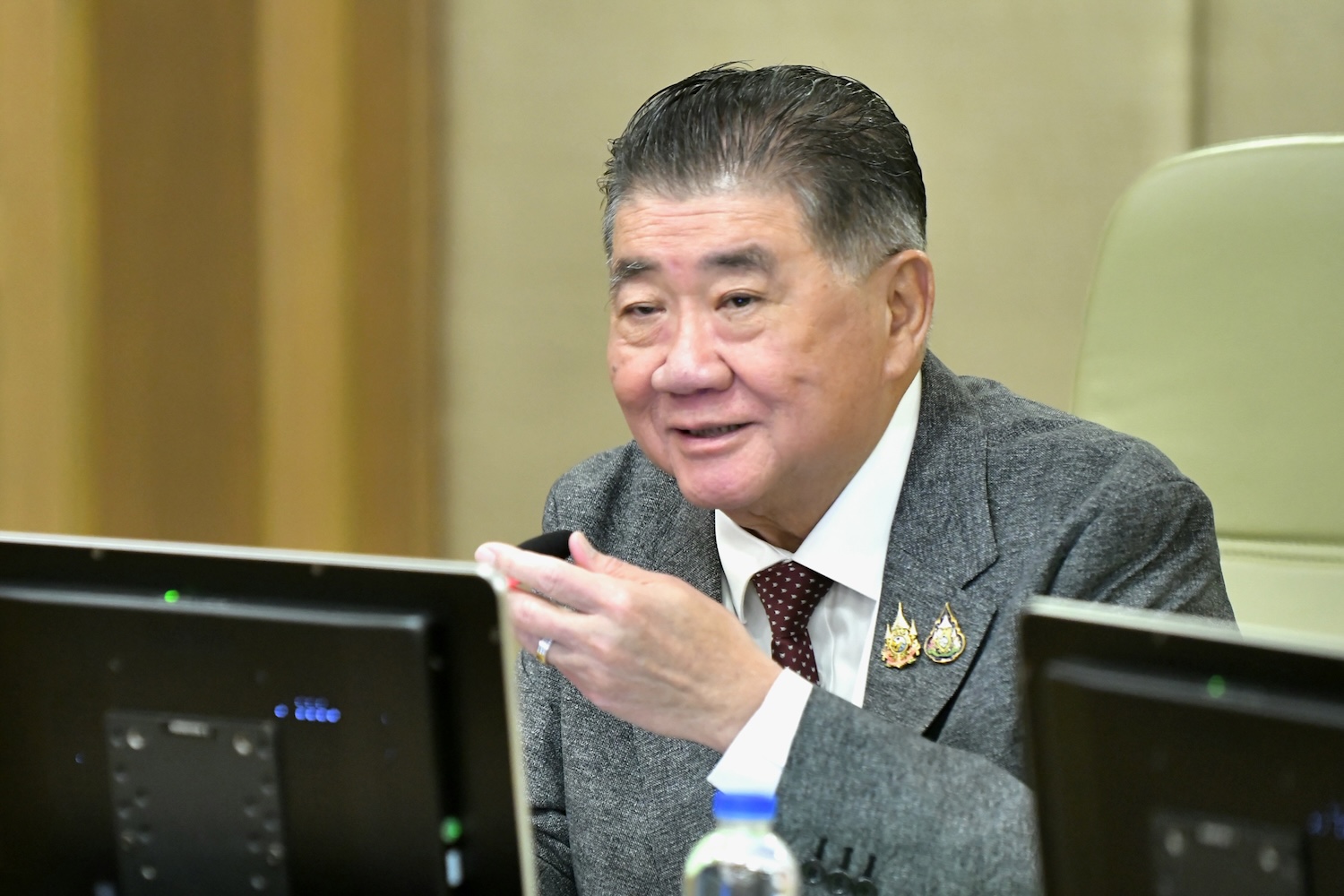The Thai Health Promotion Foundation (ThaiHealth) and Thai PBS face an uncertain future following a modification to the fiscal and budget-related section of the draft constitution, critics of the charter said.
The Constitution Drafting Committee (CDC) has changed the wording of Section 190 in line with the Finance Ministry's proposals.
The section is under Chapter 5 on fiscal and budget matters.
The fourth paragraph now states that the drafting of laws authorising state agencies to collect tax and the using of funds off-budget can only be done if the tax goes to local administration organisations or political parties.
The modification to the charter means that organisations like ThaiHealth and Thai PBS will receive funds from the fiscal budget in the future.
Critics believe the clause will put an end to funding from alcohol and cigarette taxes or other fees for specific usage, known as earmarked taxes or sin taxes.
The earmarked taxes are a key source of funding for ThaiHealth and Thai PBS.
ThaiHealth receives 2% of the sin tax collected each year, while Thai PBS is granted 1.5% of the tax but no more than two billion baht a year.
The government received 200 billion baht from the tax last year.
A CDC source said the committee's intention was to make sure the country's revenue from all taxes goes to state coffers and the fiscal budget system before being allocated.
ThaiHealth manager Krisada Ruangareerat said Monday the organisation's executives will convene to draw up a letter to oppose the change and submit it to the CDC chairman this week.
"No other countries write charters like this," he said.
The earmarked taxes are a key tool for specific usage, such as health promotion, and ThaiHealth helps with public health.
It remains unclear how the CDC intended to write the section to support the funding only through the state budget, he said.
The amendment raises concerns that politicians can now manipulate the funding for ThaiHealth.
Thai PBS chief Somchai Suwanban said earmarked taxes help ensure the media can work independently.
If politicians or capitalists interfere it will signal the end of free media, he said.
Responding to the Finance Ministry's concerns that various agencies will try to divert funds from the earmarked taxes, Mr Somchai said it must be made clear what type of businesses can seek funding from the taxes.
Earmarked taxes must continue to fund companies like Thai PBS, he said.
The money from the tax helps to keep the media free from politics, he said, adding that the ending of the channel would go against the principle of the United Nations Educational, Scientific and Cultural Organisation (Unesco).
"I insist that public media must rely on earmarked taxes only," said Mr Somchai.
"The Office of the Auditor General examines the organisation's financial records on a daily basis, which means we are unable to spend the money on other things."
The organisation's board is making contact with opponents of earmarked taxes to boost their understanding, he said.
He also appealed to the CDC and the National Reform Council (NRC), not to change the clause.
Warakorn Samkoset, a fiscal economist and president of Dhurakij Pundit University, said the section could result in rigid state administration.
Apart from ThaiHealth and Thai PBS, the national fund for sports will also be affected although the related legislation has just been pushed through by the National Legislative Assembly (NLA), Mr Warakorn said.
"I know, from behind the scenes, that there are multiple entities trying to obtain funding from earmarked taxes by asking for allocation from these taxes," said Mr Warakorn.
This has heightened fears that the fiscal system would fall into disarray, he said.
"This is ridiculous", Mr Warakorn said, referring to the possible dissolution of ThaiHealth and Thai PBS as a result of the section.
"Earmarked taxes are definitely not evil," he said.
According to the economist, earmarked taxes have been used for a long time and not only in Thailand.
Projects that are funded this way tend to receive higher levels of public confidence, he said.
The idea that all administrations must be controlled by the national budget act is impractical, he said.
There are public organisations that can get their own income, he said.


